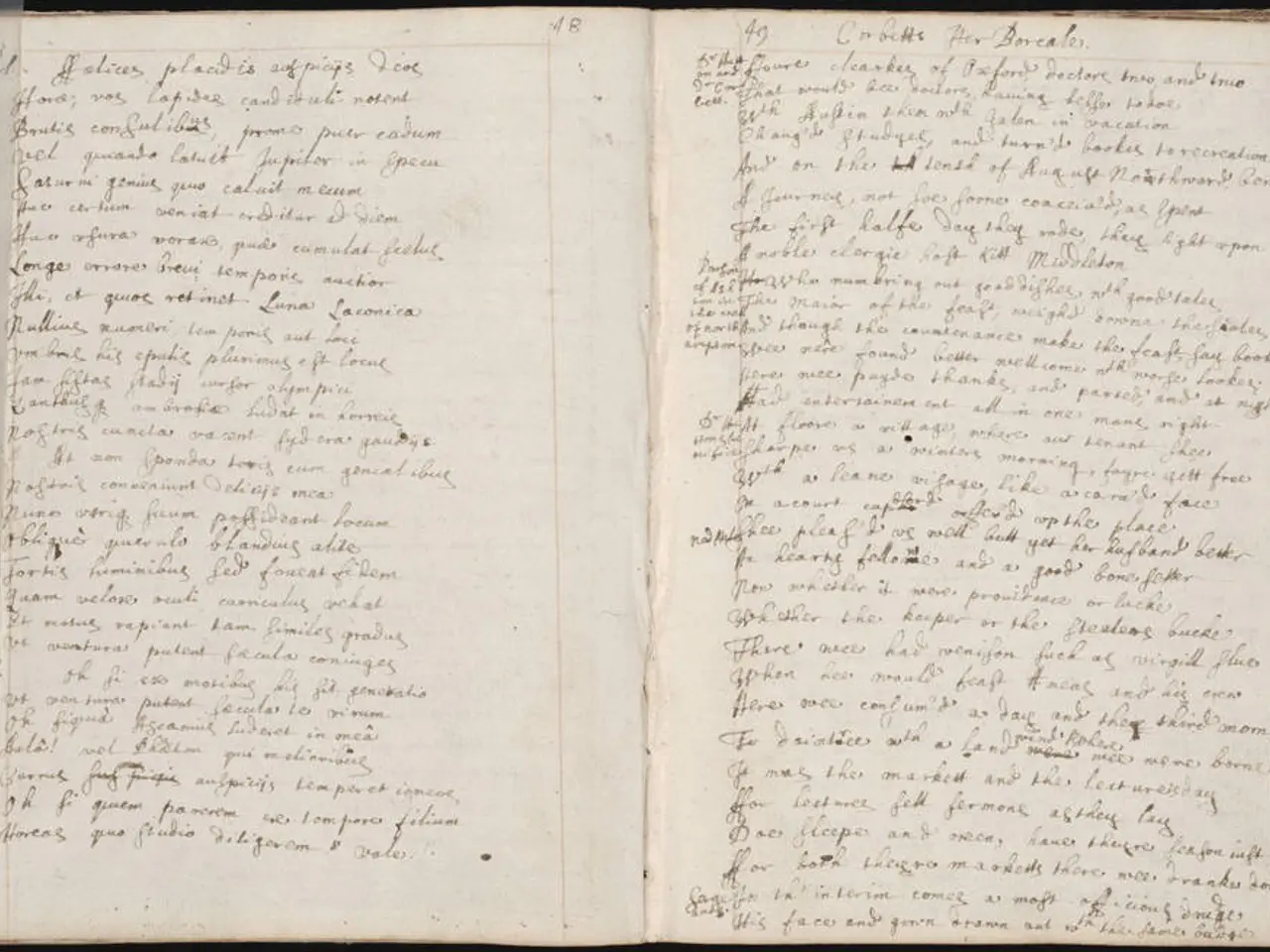Guide for Answering Free-Response Questions in AP Exams - Strategies from RevisionDojo
Writing Effective Free-Response Questions (FRQs) for AP Exams
Scoring well on AP exams relies on understanding the specific format and expectations for each discipline when it comes to free-response questions (FRQs). Here are some key strategies for writing effective FRQs in different AP subjects.
Strategies for Writing Effective FRQs in Various AP Subjects
- Understand the FRQ format for your subject:
- History and English: Long-form essays requiring a clear thesis, use of specific evidence (events, dates, figures), and thorough analysis.
- STEM subjects (e.g., Calculus, Computer Science): Require step-by-step problem solving, including showing work clearly and explaining reasoning or code logic.
- Sciences (e.g., Biology, Chemistry): Typically ask for hypothesis formulation, description of experimental methods, data analysis, and drawing conclusions based on evidence.
- Plan before writing:
- Spend 3–5 minutes outlining your response to organize ideas logically.
- Identify and focus on key task words such as analyze, explain, compare, or evaluate to address all components fully.
- Use the same sub-parts or numbering as the question to ensure all parts are answered methodically.
- Use specific, relevant evidence and show work:
- History essays should cite concrete details like events, dates, and figures.
- Science FRQs should reference data or experiments explicitly.
- Math and computer science FRQs require clear, organized steps or code snippets that demonstrate your thought process for partial and full credit.
- Avoid common mistakes:
- Do not skip parts of the question; attempt all sections to maximize partial credit.
- Avoid vague or generic answers lacking specific evidence.
- In STEM coding FRQs, double-check logic and avoid syntax errors since your code will be read but not compiled during the exam.
- Maximizing points:
- Address every element in the prompt carefully.
- Use vocabulary and terminology precise to the subject.
- Structure your answers clearly—for example, in history, craft a strong thesis and cohesive paragraphs; in STEM, communicate problem-solving steps cleanly and logically.
Practical Approach to Writing Effective FRQs
- Before the exam: Study the rubric and sample FRQs for your subject to know expectations.
- During the exam: Read the FRQ carefully, plan answers with brief outlines, and use evidence or calculations visible to graders.
- Answer every part: Even if unsure about one step, proceed with logical explanations to earn partial credit.
- Be neat and clear: Whether writing essays or coding, clarity aids graders in understanding and awarding points.
By following these strategies, you can write targeted, thorough FRQs that align with the rubric and maximize your AP exam score potential.
Additional Tips
- Identify key task words (analyse, explain, compare, evaluate) in the question.
- Spend 3-5 minutes outlining main points before writing.
- Leaving a few minutes at the end of the exam to review and correct minor errors.
- At least 3-4 strong body paragraphs plus an intro and conclusion are recommended for an AP history essay.
- In history exams, name specific events, dates, and figures.
- In sciences, FRQs involve lab-based responses requiring hypothesis, methods, and conclusions.
- Using vague evidence without specifics is a common mistake to avoid.
- Use specific, relevant evidence in your answers.
- In STEM subjects, FRQs require step-by-step problem solving with explanations.
- In math exams, show all work clearly to receive partial credit.
- Failing to explain reasoning in math or science answers is a common mistake to avoid.
- Skipping parts of a multi-part question is a common mistake to avoid.
- RevisionDojo offers resources such as AP Multiple Choice Strategies, AP Study Tips, AP Exam Day Checklist, and AP Score Calculators for AP exam preparation.
- Allocating time for each question based on its point value in the exam.
- Label parts (a), (b), (c) if the question is divided.
- Writing without a clear thesis or main argument is a common mistake to avoid.
- Stay focused on the question and answer all parts directly.
- Neat handwriting is very important as graders must be able to read your work to award points.
The guide covers the structure, planning, writing, and common mistakes in FRQs across various AP subjects.
- Education and self-development are essential for succeeding in AP exams, as understanding the specific format and expectations for free-response questions (FRQs) is crucial.
- Learning effective strategies for writing FRQs, such as outlining responses, citing specific evidence, and avoiding common mistakes, can significantly improve AP exam scores.




